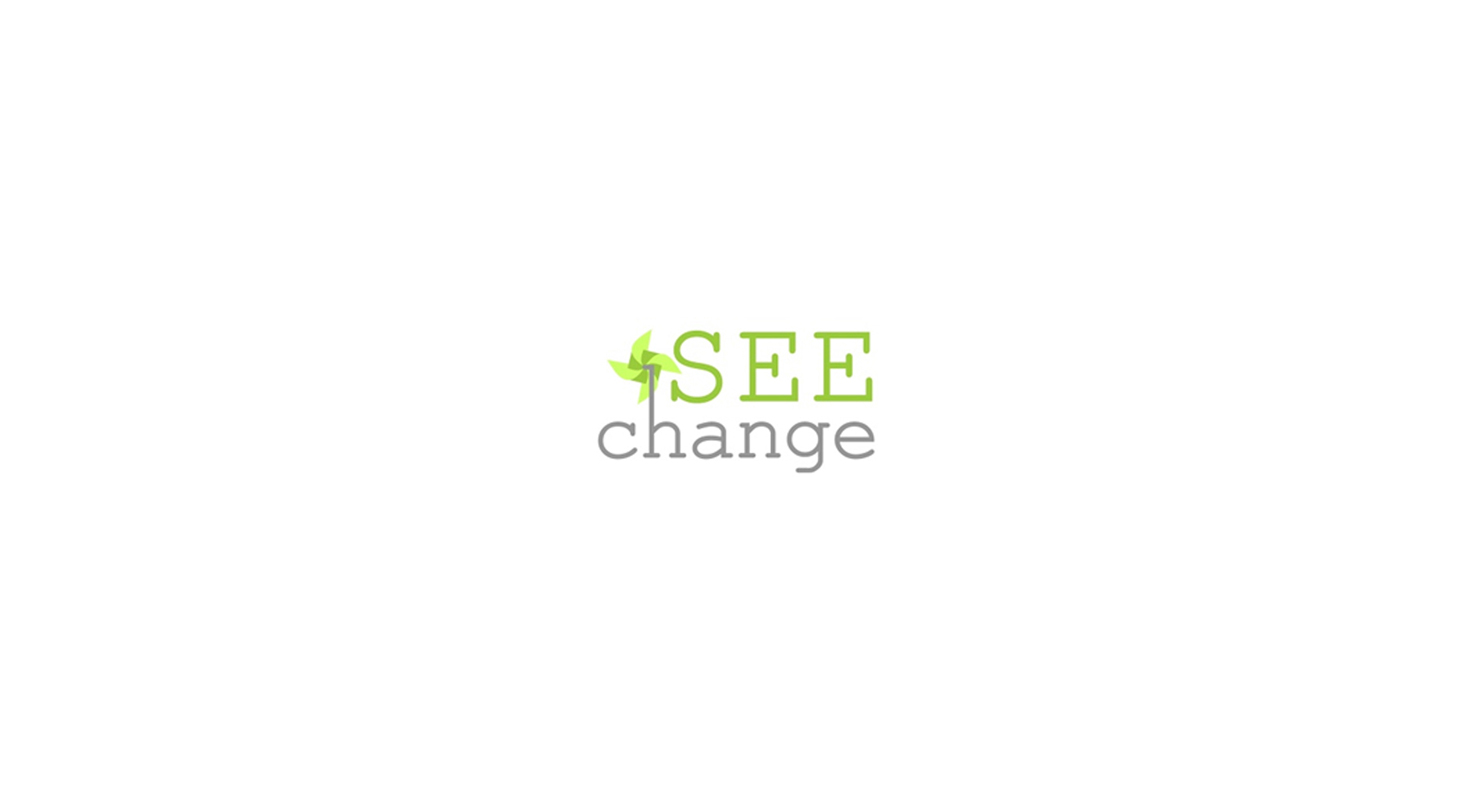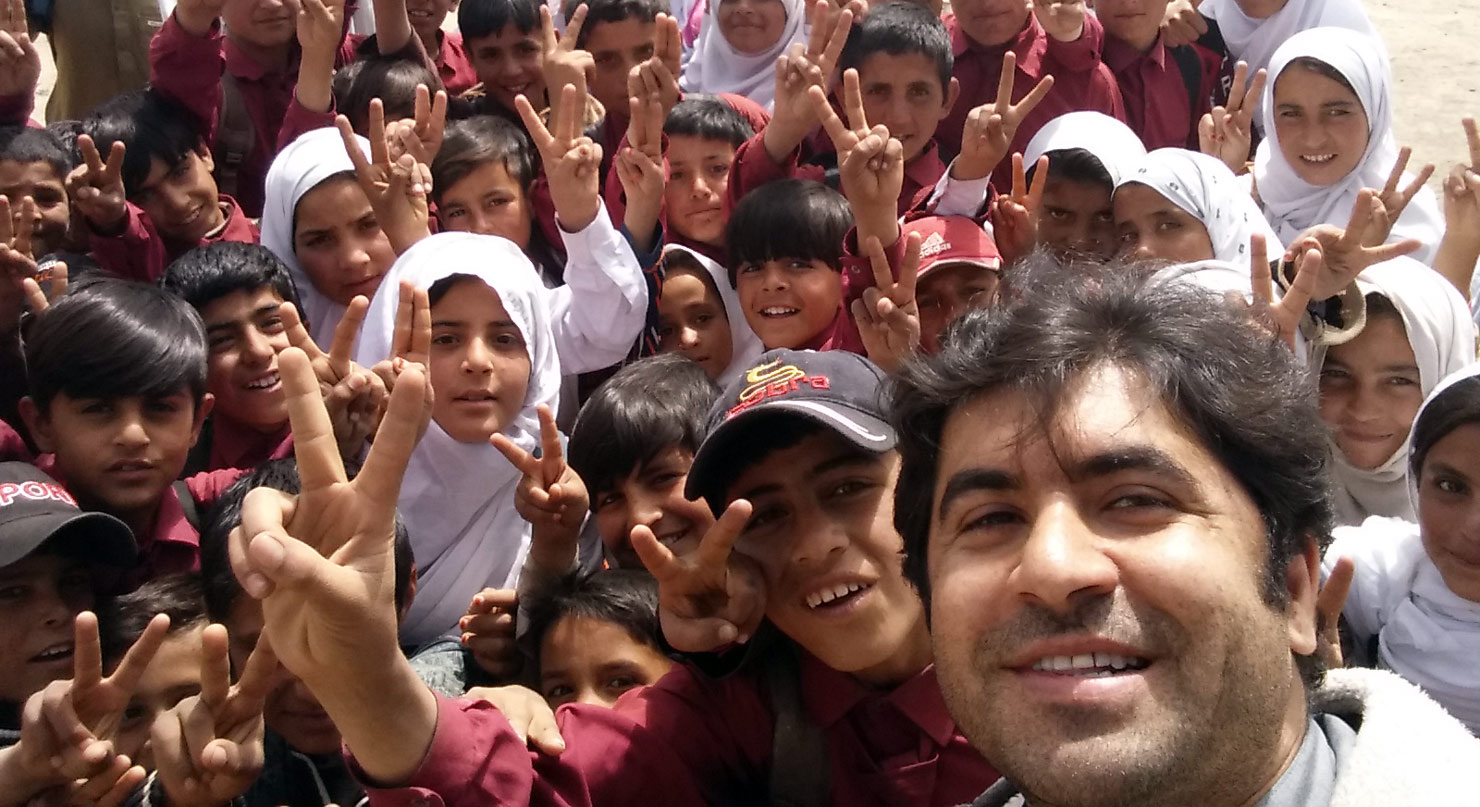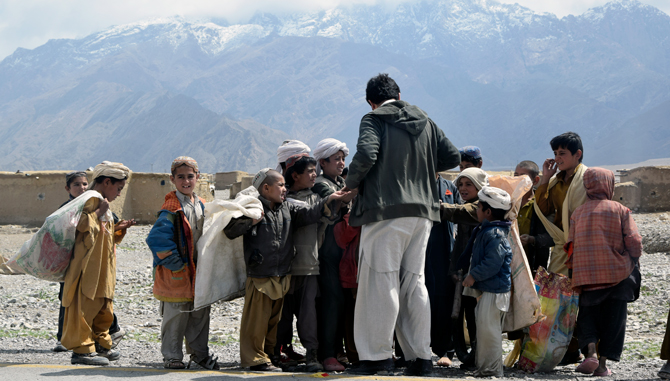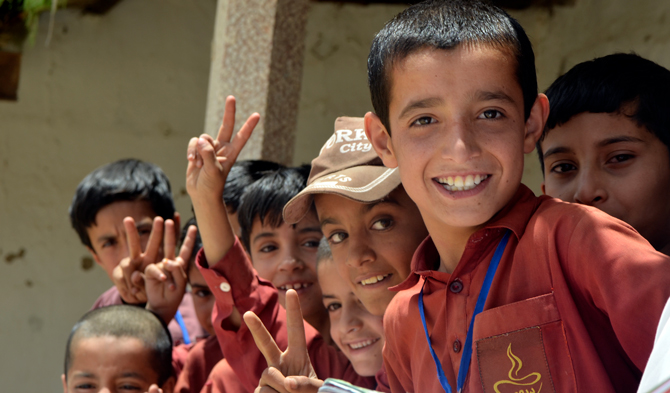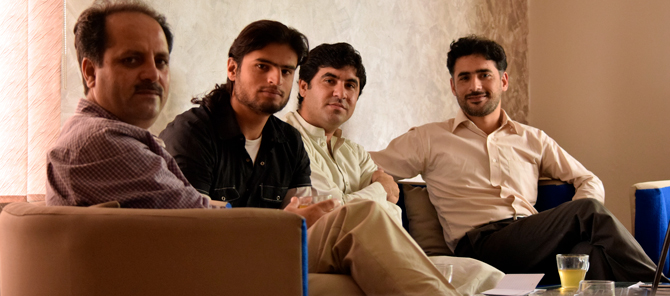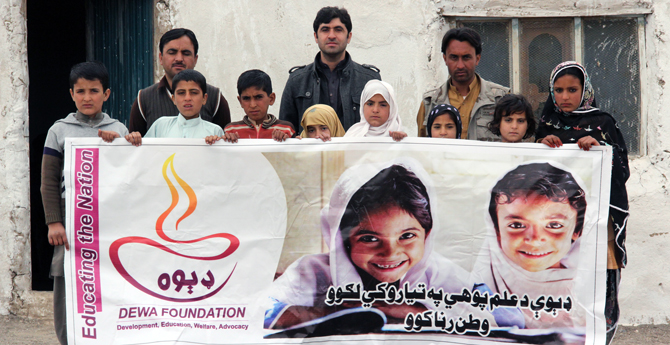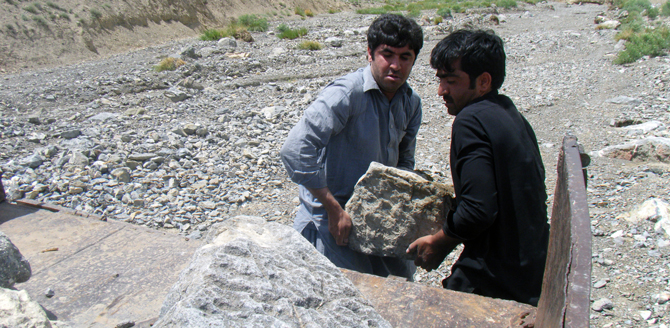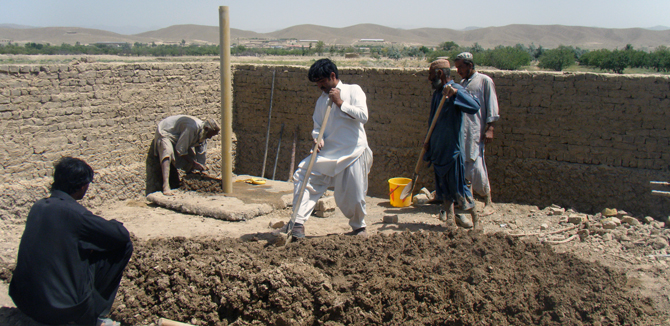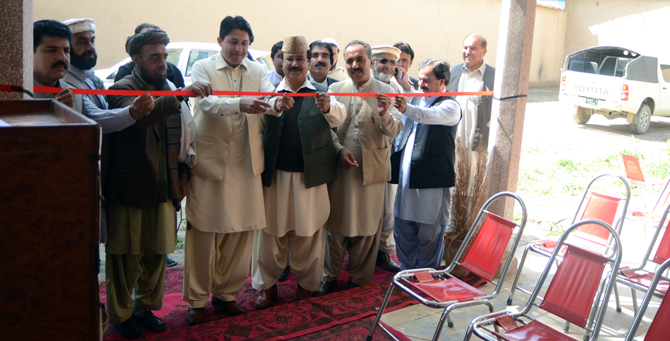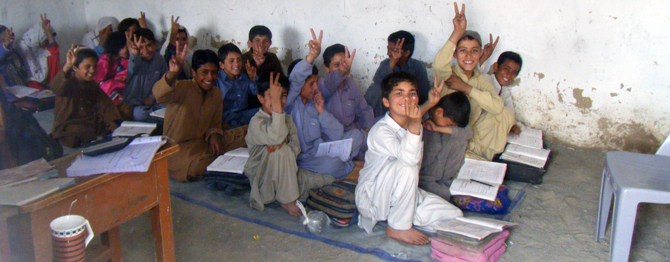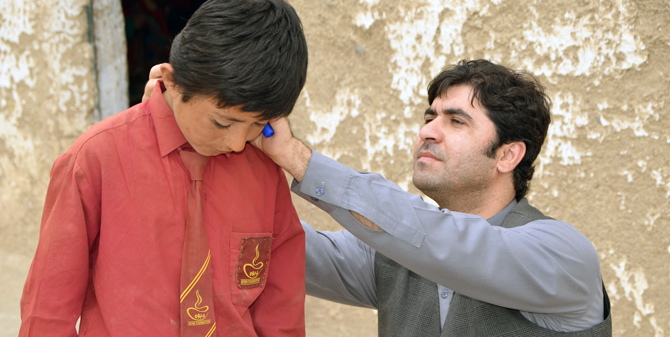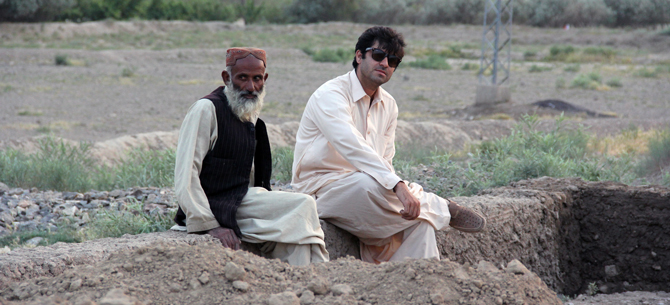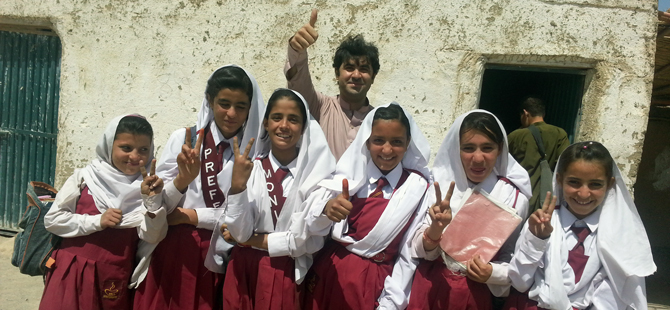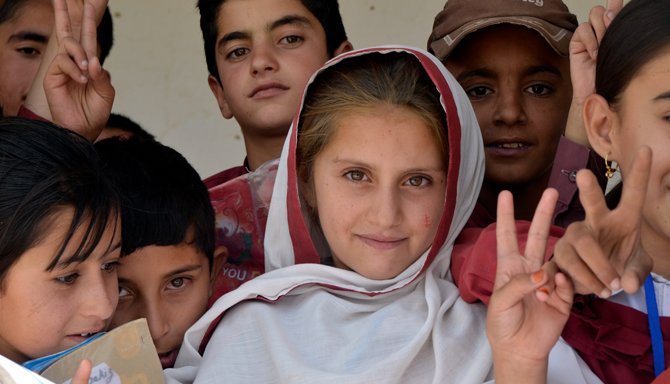If you’re in the Chicago area, come join Seeds, parents, counselors and friends as we walk together in support and solidarity of Bridges to Peace, and the mission of Seeds of Peace.
ADDRESS: Michigan Avenue Bridge
DATE: October 18, 2014
TIME: 10 a.m.
LOCATION: Chicago
CONTACT: Caitlin Golub | caitlin@seedsofpeace.org
TICKETS: www.crowdrise.com/Chicago-BridgestoPeaceGlobal


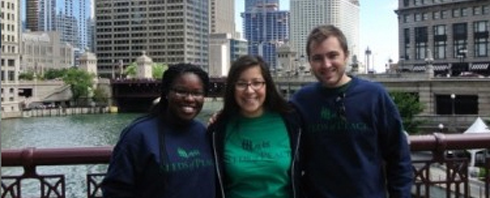
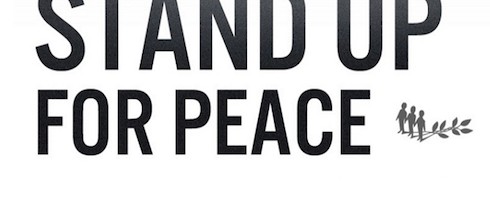
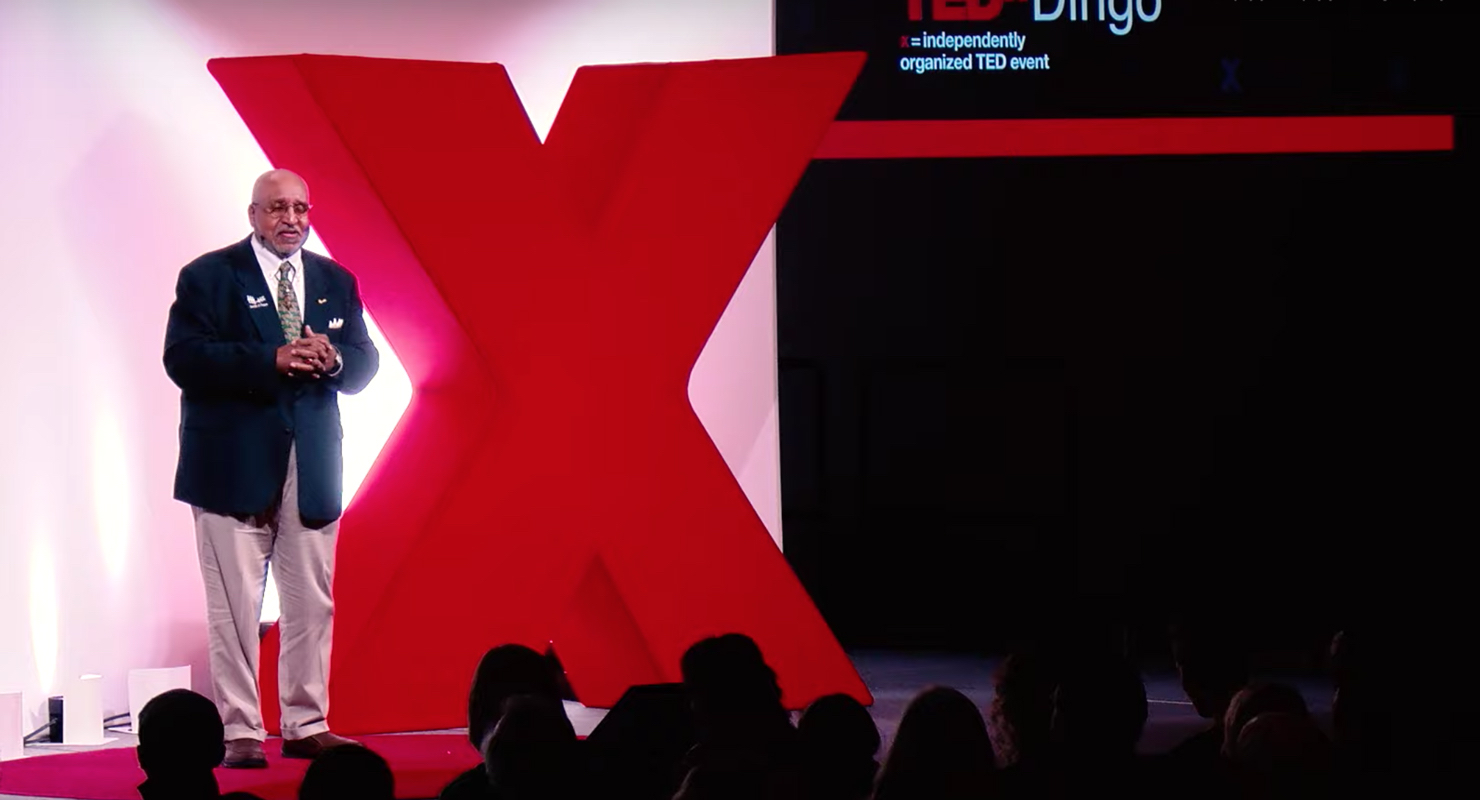
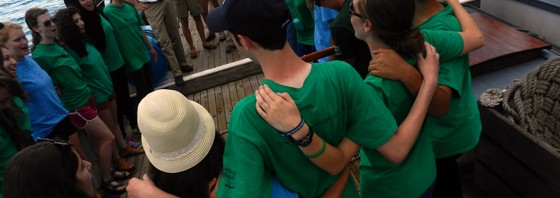
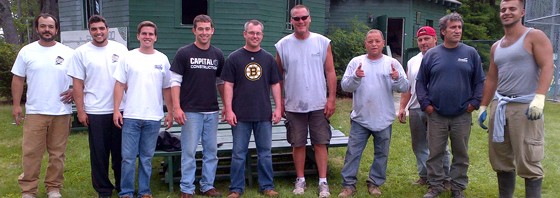
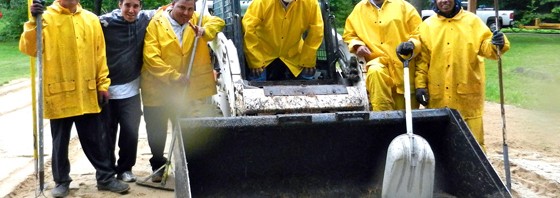
 LONDON | Jon Preddy, a remarkable young teenager from London, decided to climb Mt. Kilimanjaro—the highest mountain in Africa—as a way to raise awareness and funds for Seeds of Peace.
LONDON | Jon Preddy, a remarkable young teenager from London, decided to climb Mt. Kilimanjaro—the highest mountain in Africa—as a way to raise awareness and funds for Seeds of Peace.